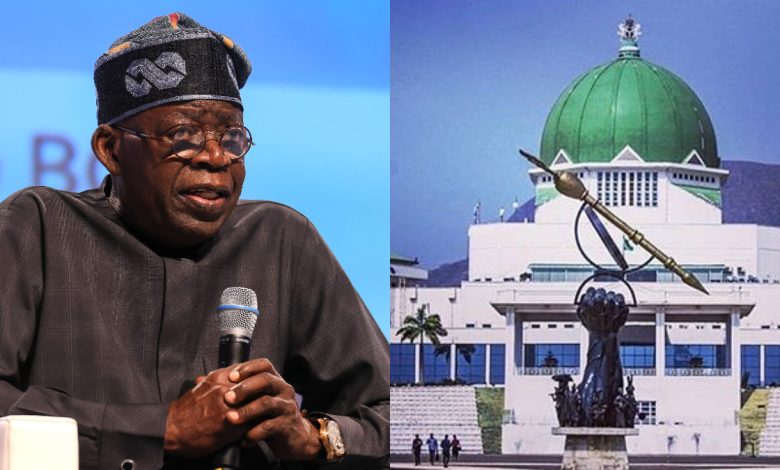
Nigeria’s national debt continues to raise concerns as it reached approximately ₦138 trillion by mid-2024. The debt burden stems from both external and domestic borrowing, with the federal government increasing borrowing to fund deficits in the 2024 budget. President Tinubu’s administration plans to borrow ₦7.8 trillion to address a projected ₦9.7 trillion budget shortfall, alongside privatization proceeds and multilateral loans to fund infrastructure projects. This new borrowing will push Nigeria’s total external debt above $51 billion.
The National Assembly has faced criticism for approving these loans, as debt servicing is consuming a significant portion of Nigeria’s revenue. Projections for 2024 indicate that 98% of federal revenue could go toward debt servicing, leaving minimal resources for development projects like schools and hospitals. The Civil Society Legislative Advocacy Centre (CISLAC) has urged the government to investigate the utilization of past loans and to prioritize sustainable fiscal reforms.
Critics also point out that the dependency of many states on federal allocations exacerbates the debt crisis. Fiscal challenges such as currency devaluation have further increased the naira-equivalent of Nigeria’s foreign debt, worsening the financial strain.




